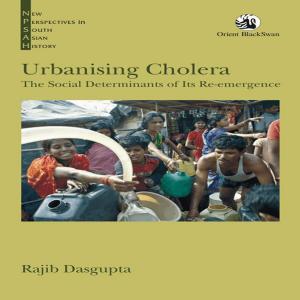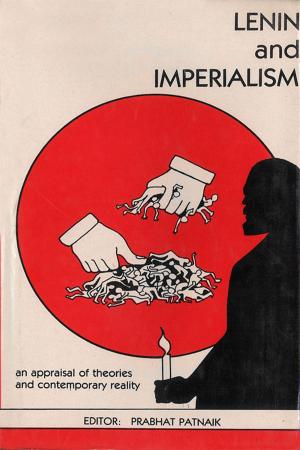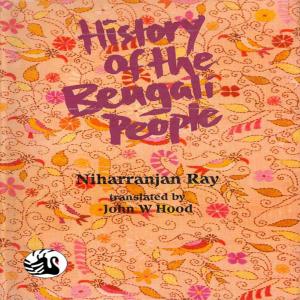Feeding the Forgotten Poor
Perspectives of an Agriculturist
Nonfiction, Science & Nature, Science, Biological Sciences, Horticulture, Biography & Memoir, Reference| Author: | William Dollente Dar, Arun Tiwari | ISBN: | 9788125050162 |
| Publisher: | Orient Blackswan Pvt. Ltd | Publication: | December 13, 2012 |
| Imprint: | Language: | English |
| Author: | William Dollente Dar, Arun Tiwari |
| ISBN: | 9788125050162 |
| Publisher: | Orient Blackswan Pvt. Ltd |
| Publication: | December 13, 2012 |
| Imprint: | |
| Language: | English |
Boosting food security and ensuring the small cultivators proper access to and a fair deal in the market have been the key areas of William Dars work as scientist, policymaker and administrator. The author, a farmers son, says he chose to read agronomy at university because the science that explains the sprouting of seeds and growing of crops … was almost hard-wired in me.Feeding the Forgotten Poor is an autobiography in which personal reminiscences serve as a vehicle for voicing concern for the dis-privileged. It takes up large issues and draws attention to orphan crops and hidden hunger. Noting that more than one billion of the worlds seven billion people go hungry or are malnourished, the book critically examines the political, economic and environmental issues to which contemporary agriculture is closely tiedtariffs and farm subsidies, water pollution, biofuels, the prospects and problems of genetically modified organisms, the growing backlash against mechanised agriculture and increasing support for sustainable practices.Envisioning the scenario in the year 2050, when the global population is projected to cross the nine million mark, Dar draws the important general conclusion that viable solutions are not just about technology and sciencethey require a change in mindsets, sound policy and adroit handling of institutions.
Boosting food security and ensuring the small cultivators proper access to and a fair deal in the market have been the key areas of William Dars work as scientist, policymaker and administrator. The author, a farmers son, says he chose to read agronomy at university because the science that explains the sprouting of seeds and growing of crops … was almost hard-wired in me.Feeding the Forgotten Poor is an autobiography in which personal reminiscences serve as a vehicle for voicing concern for the dis-privileged. It takes up large issues and draws attention to orphan crops and hidden hunger. Noting that more than one billion of the worlds seven billion people go hungry or are malnourished, the book critically examines the political, economic and environmental issues to which contemporary agriculture is closely tiedtariffs and farm subsidies, water pollution, biofuels, the prospects and problems of genetically modified organisms, the growing backlash against mechanised agriculture and increasing support for sustainable practices.Envisioning the scenario in the year 2050, when the global population is projected to cross the nine million mark, Dar draws the important general conclusion that viable solutions are not just about technology and sciencethey require a change in mindsets, sound policy and adroit handling of institutions.















